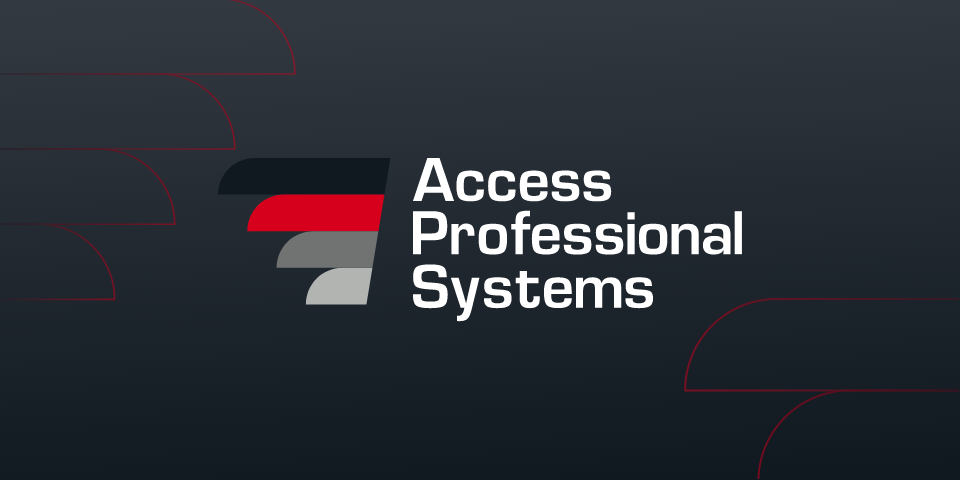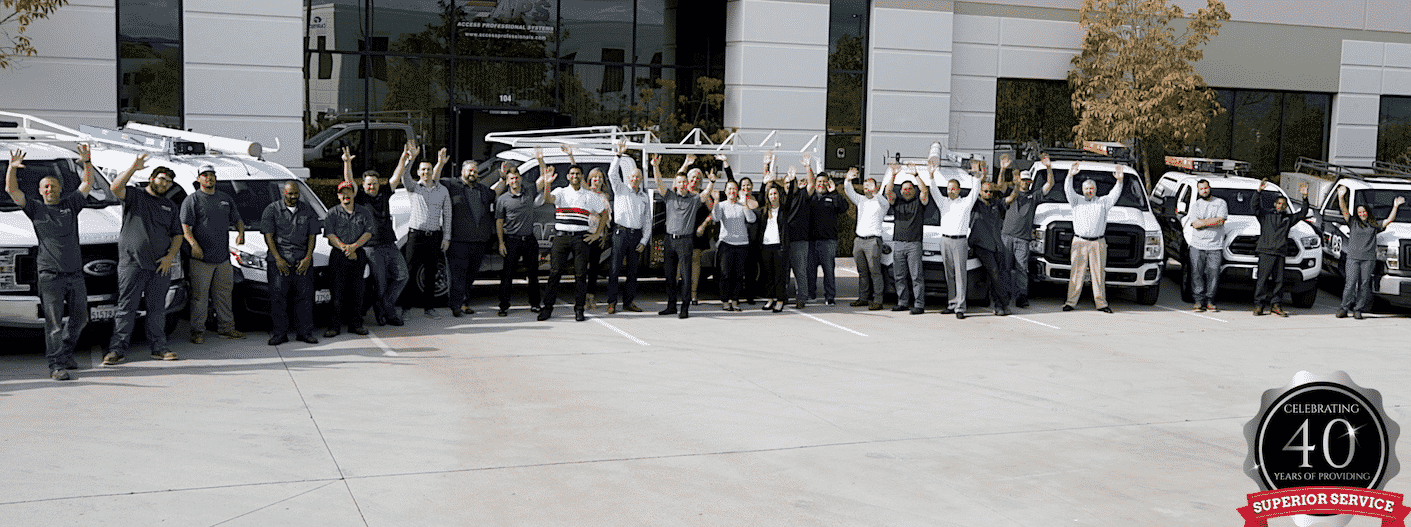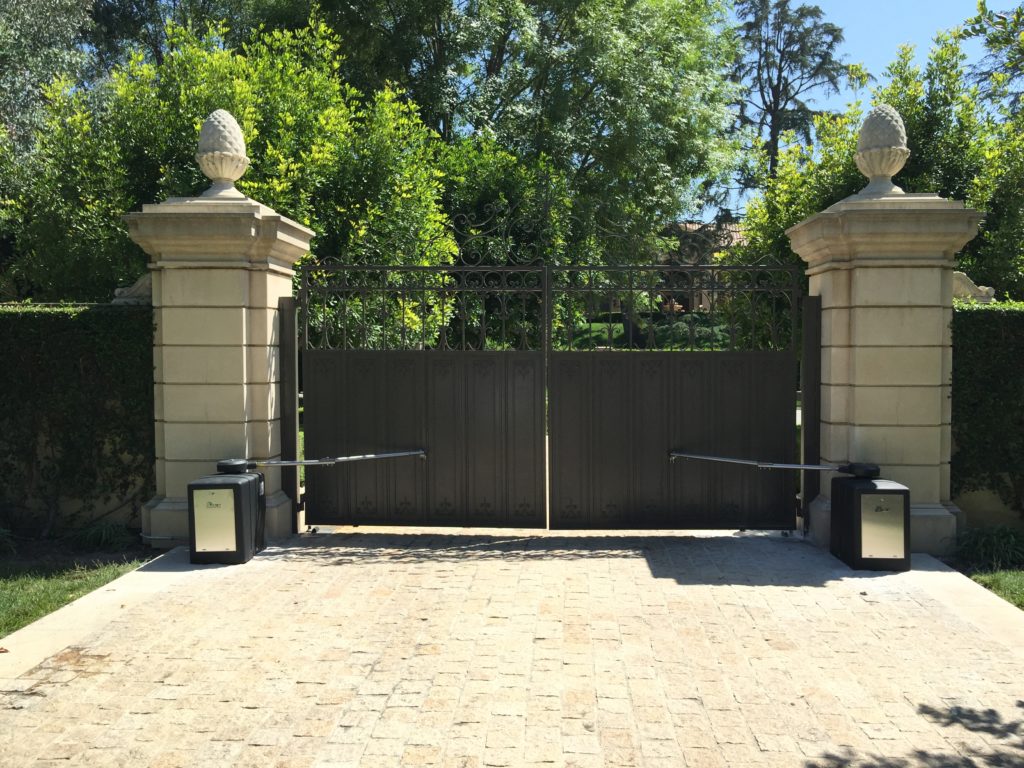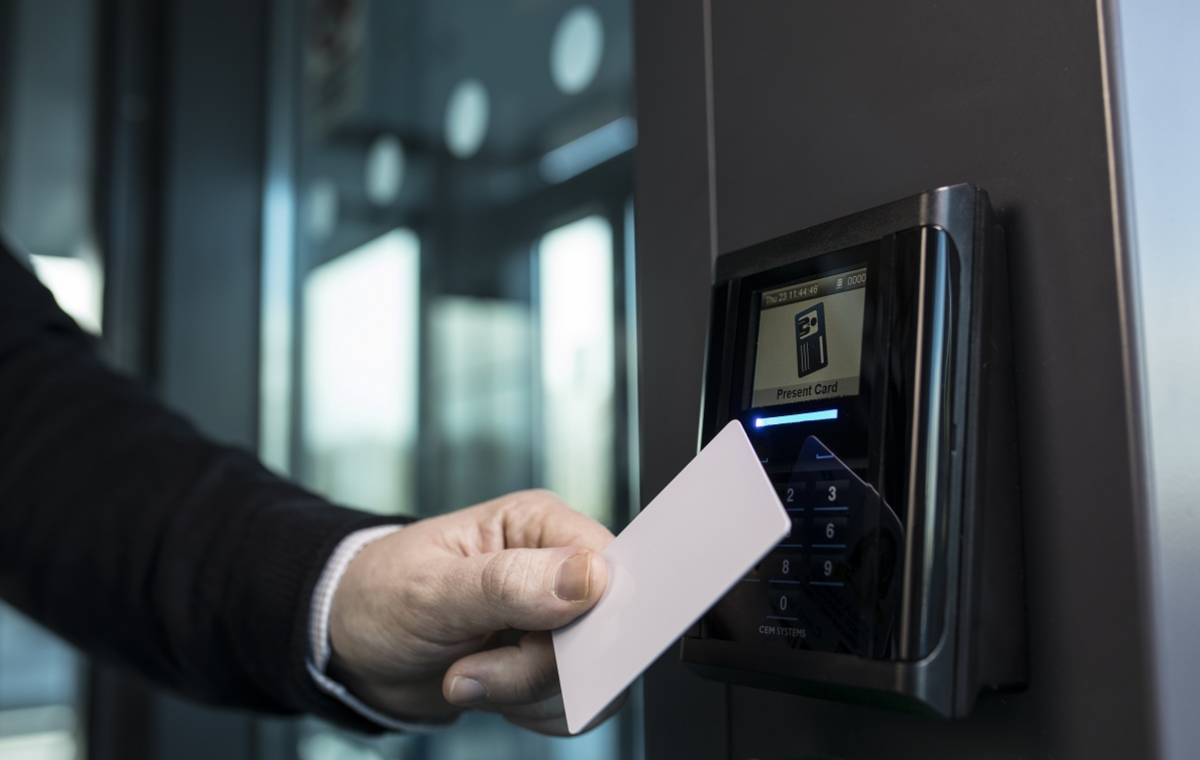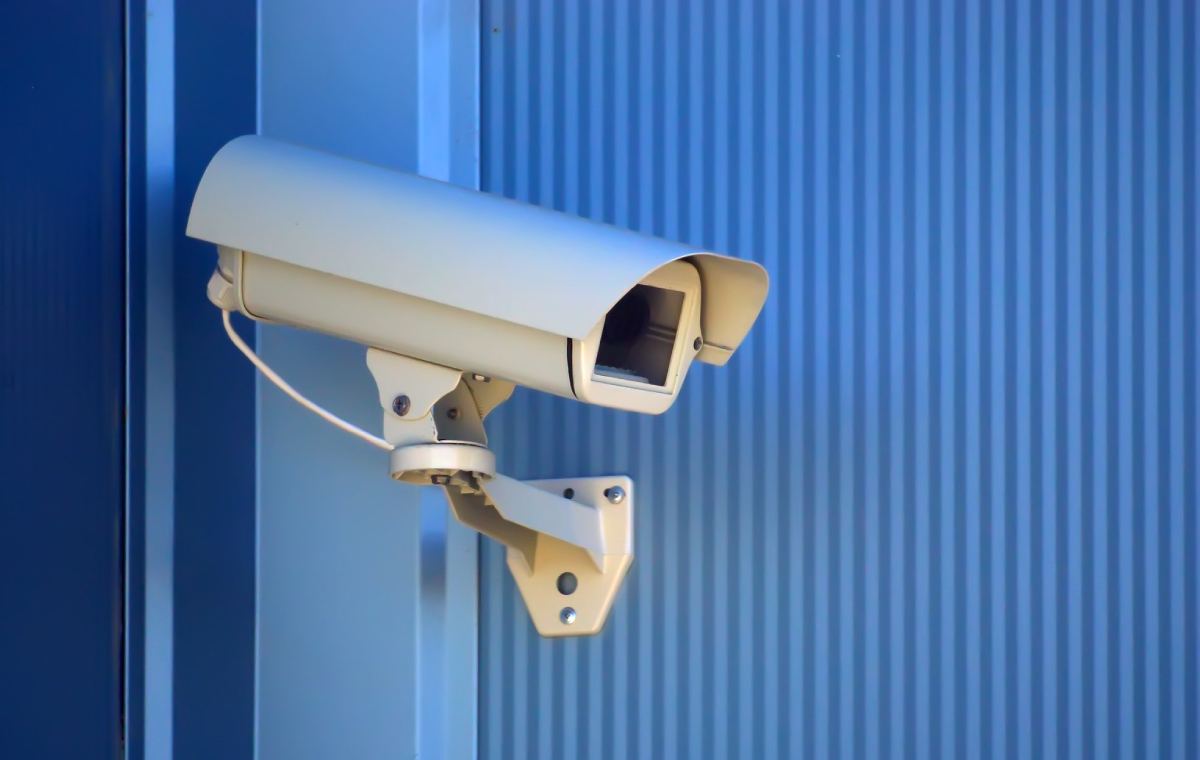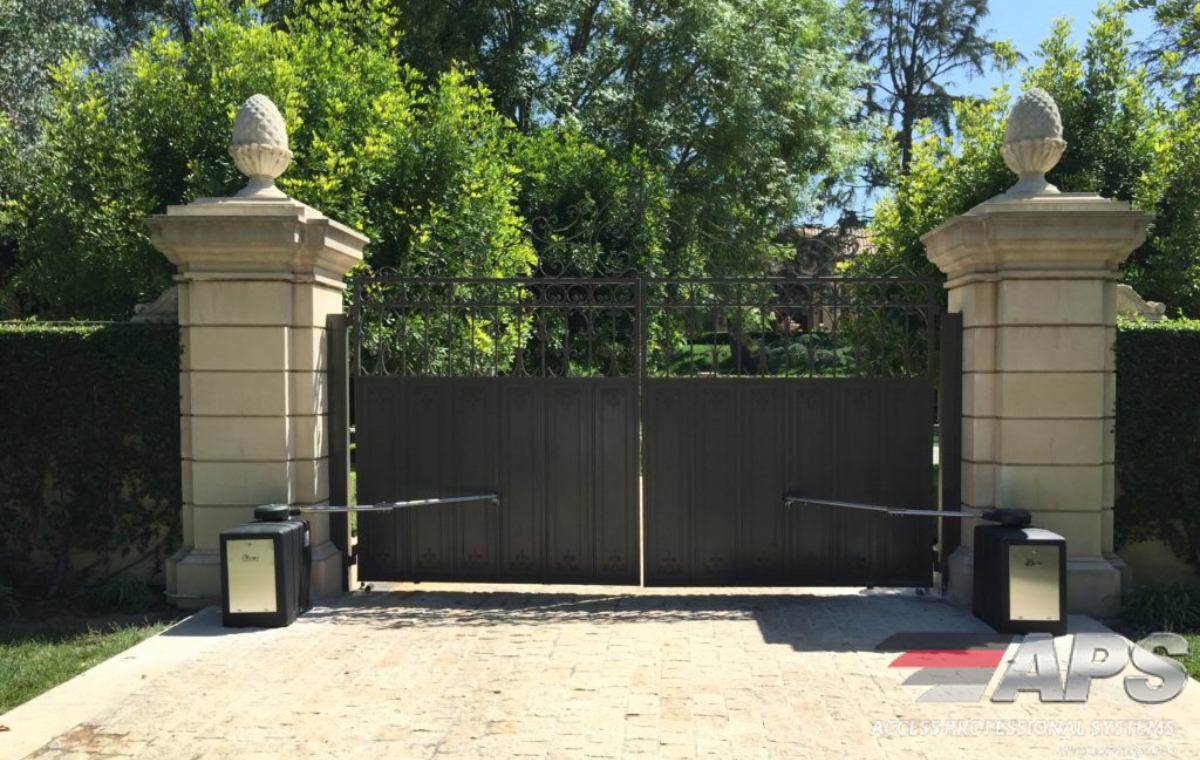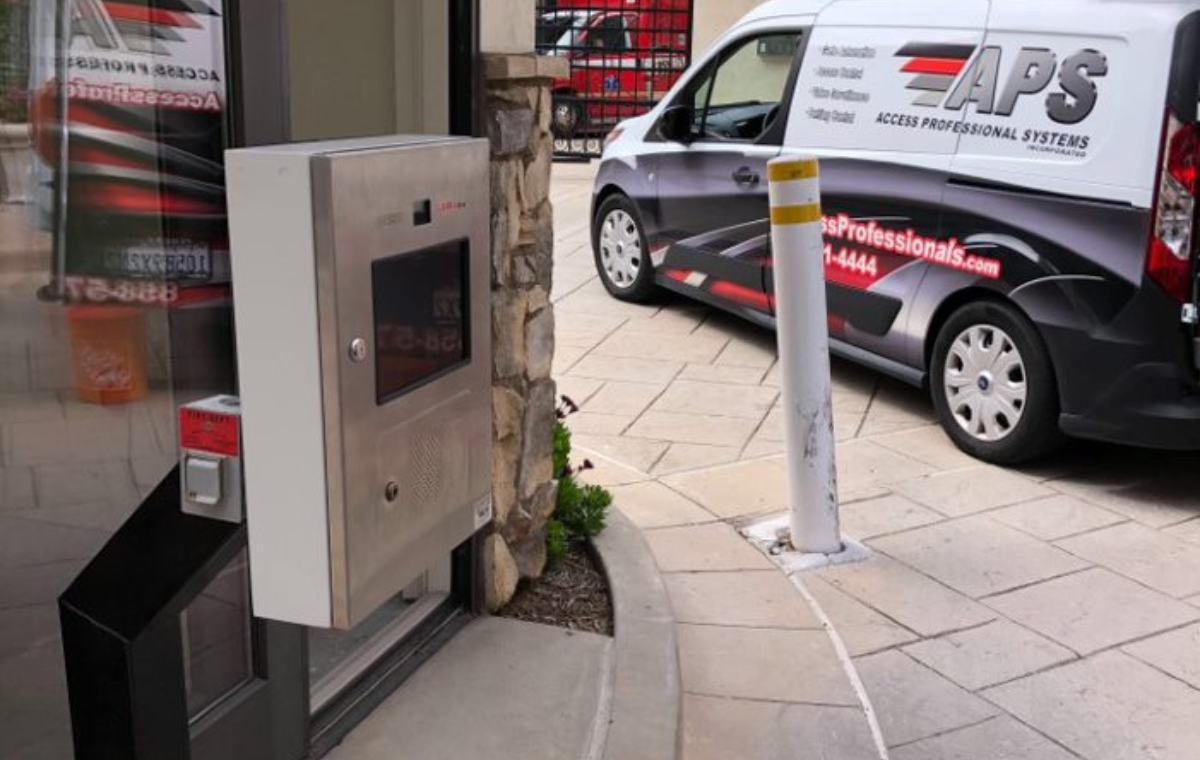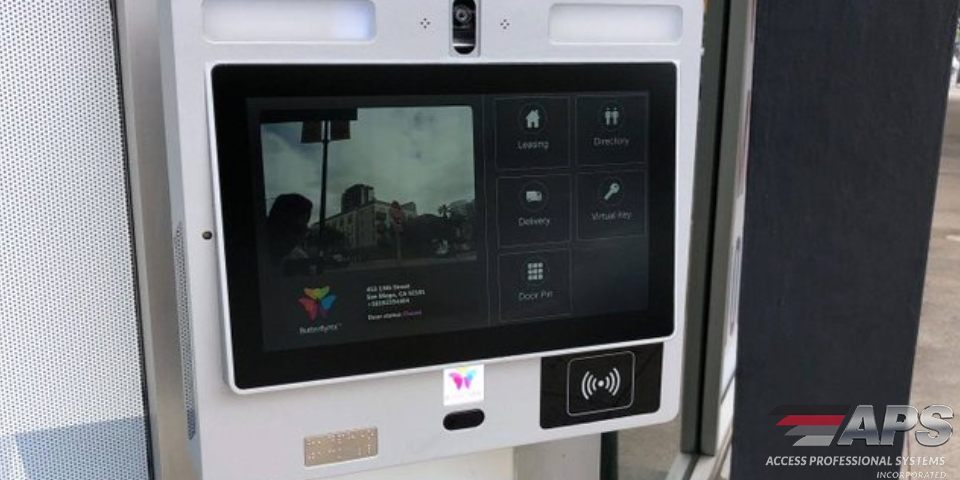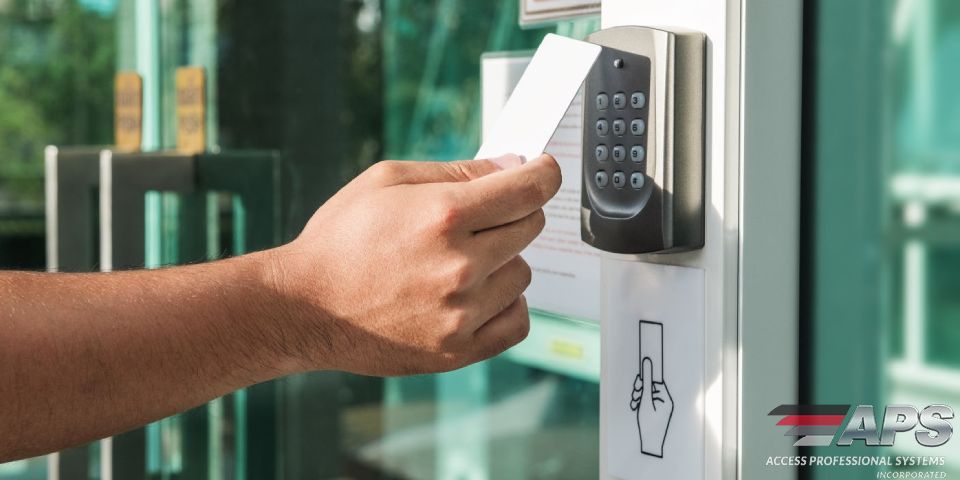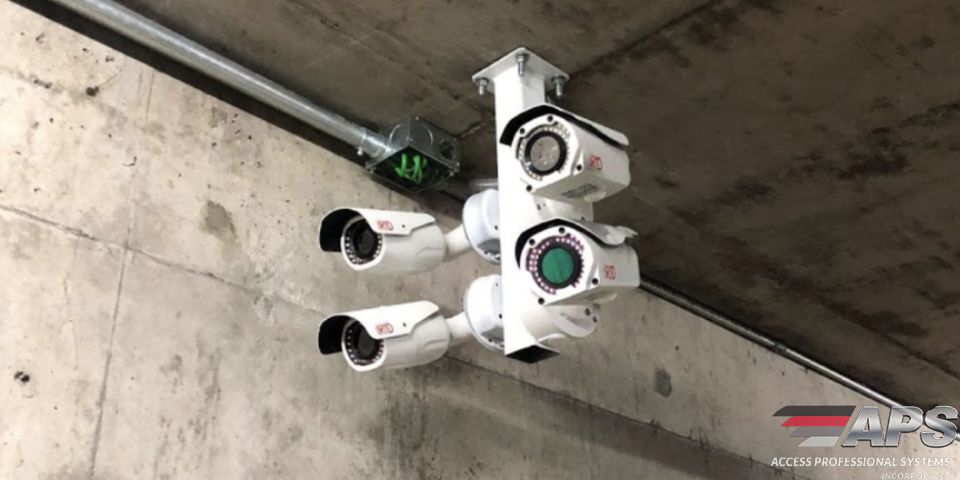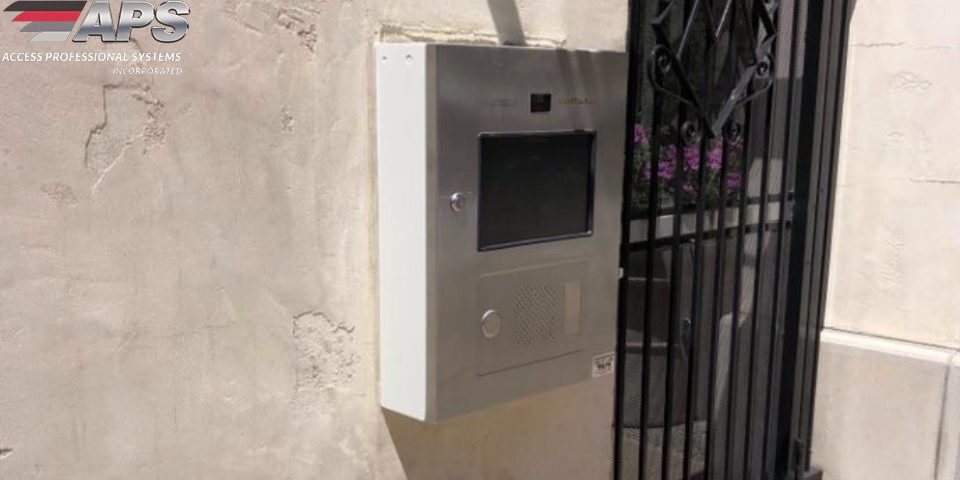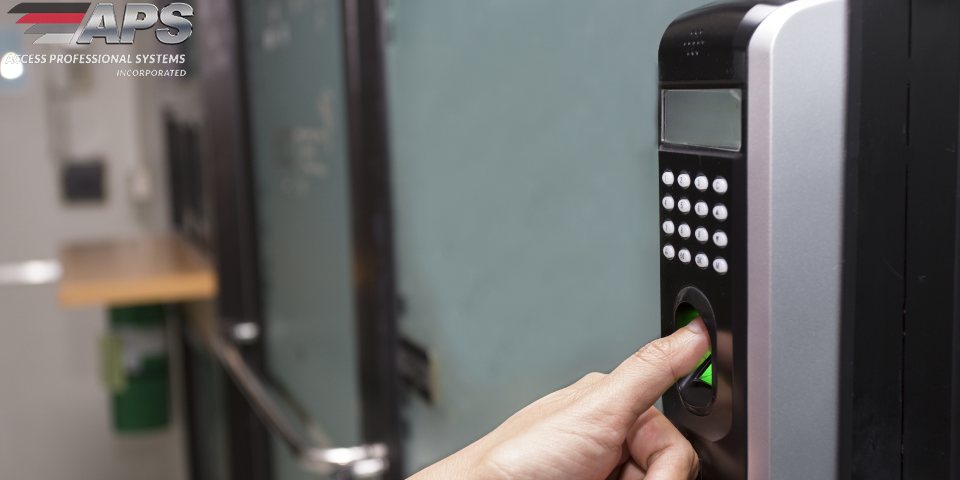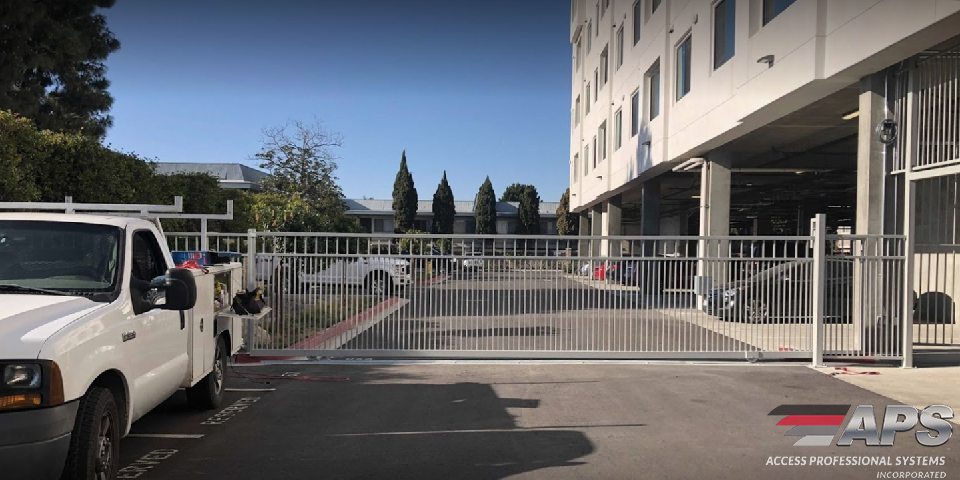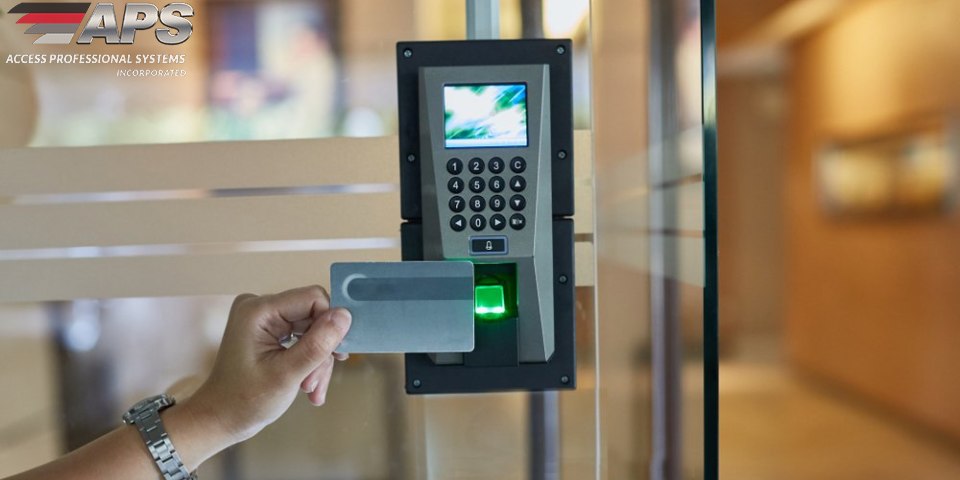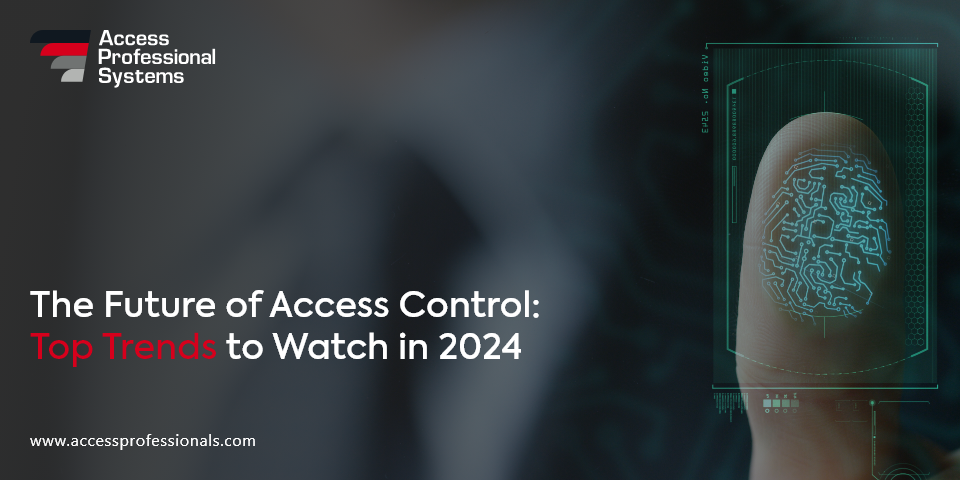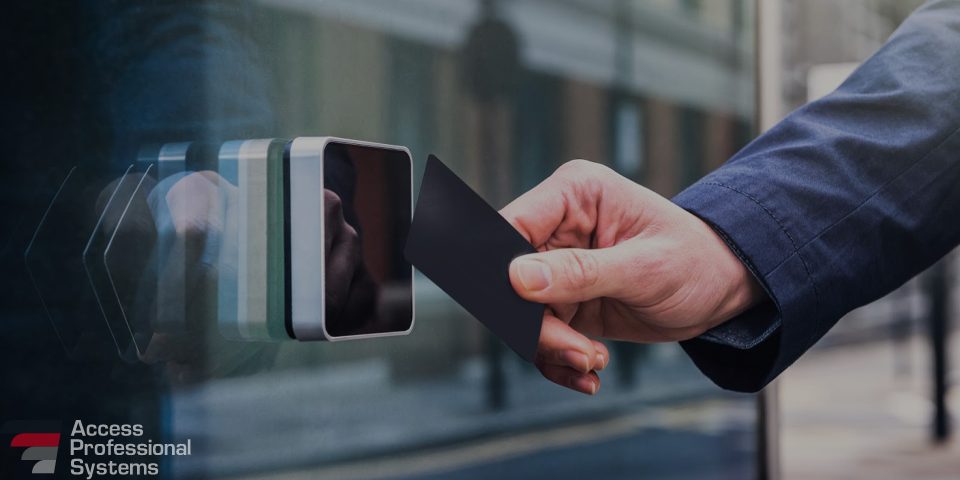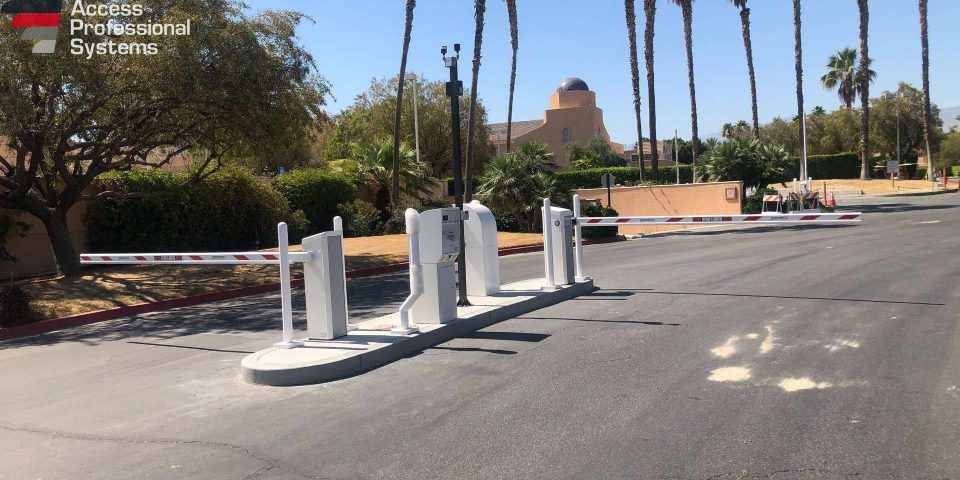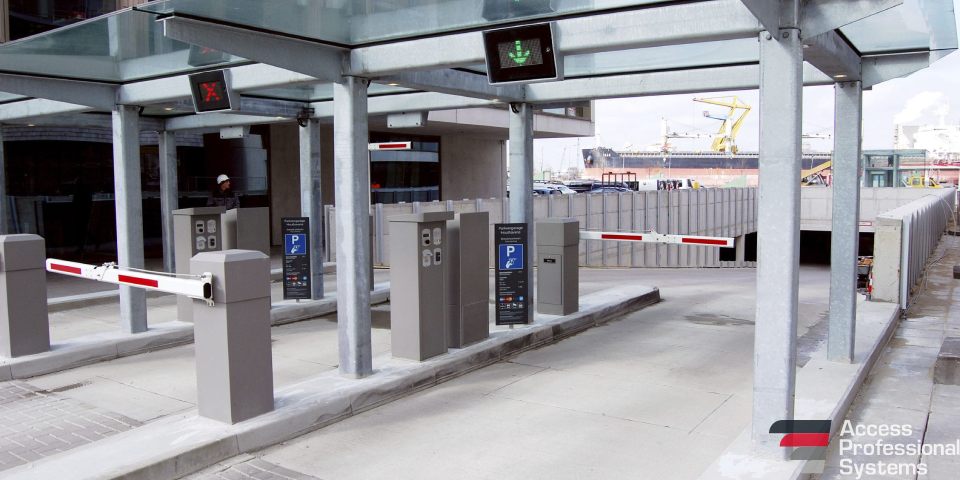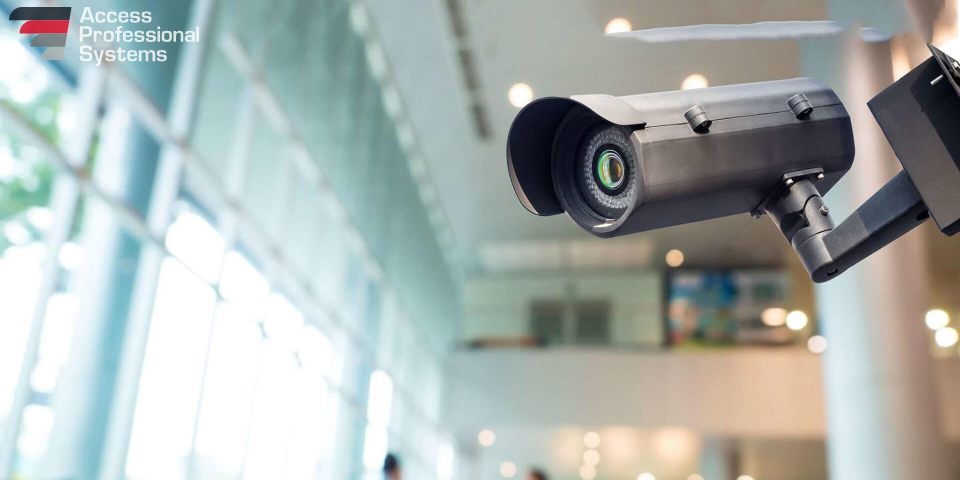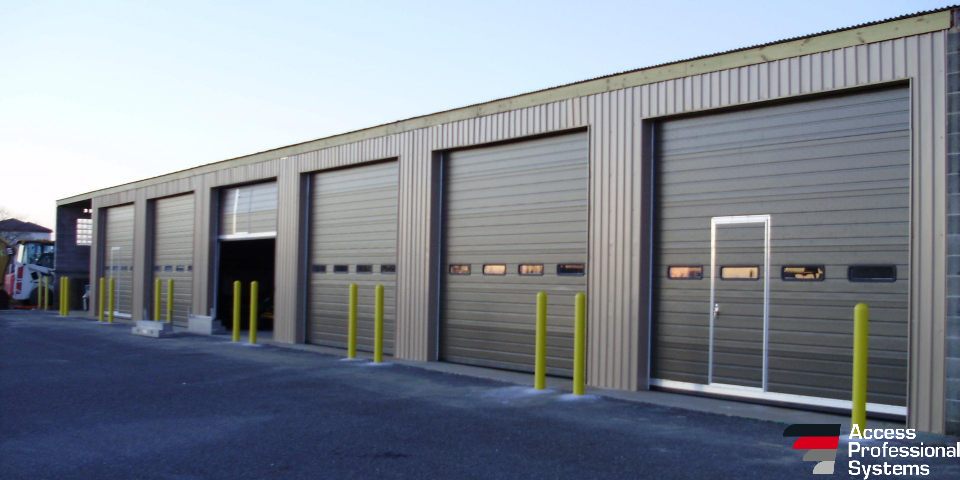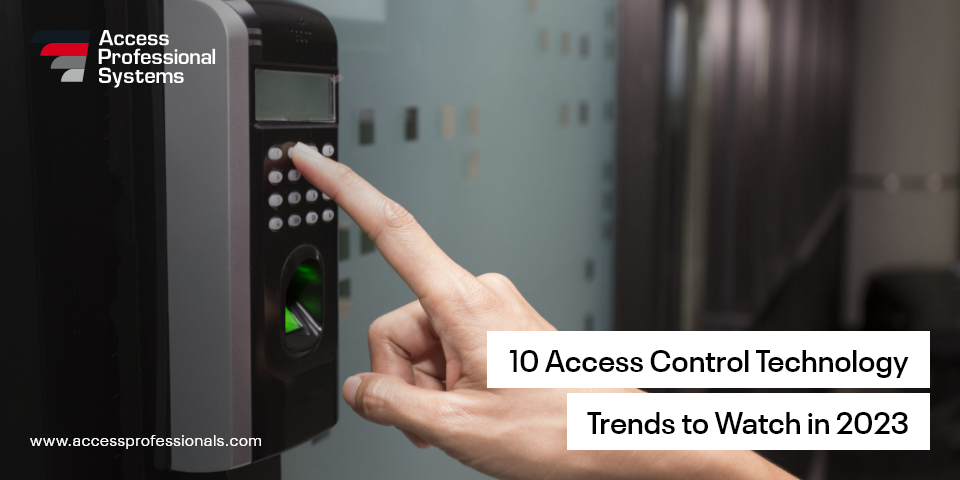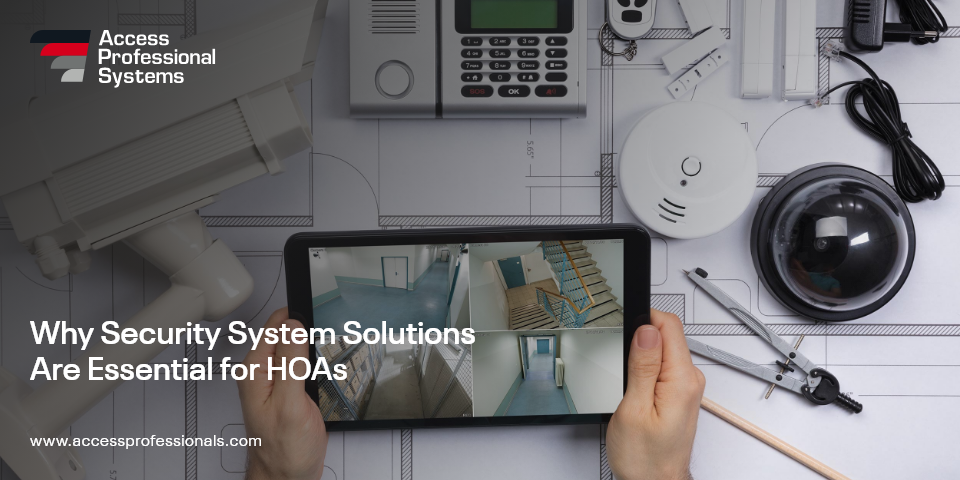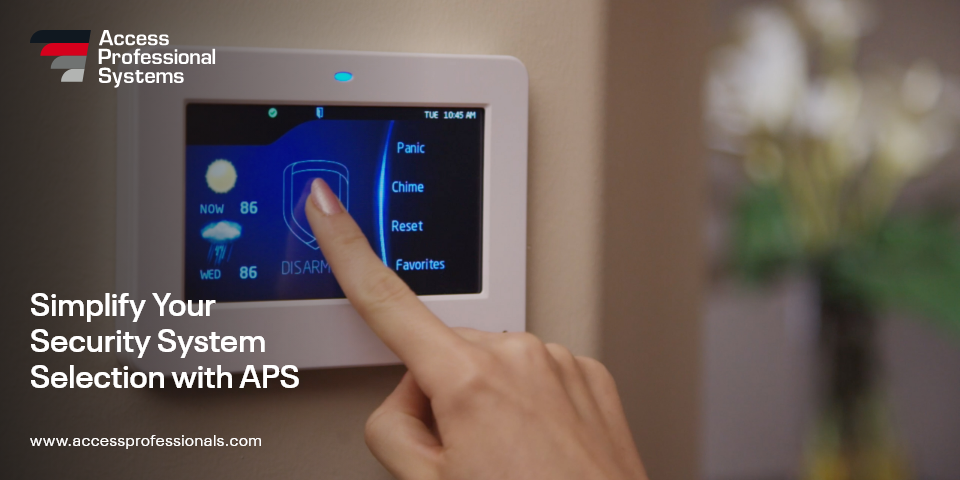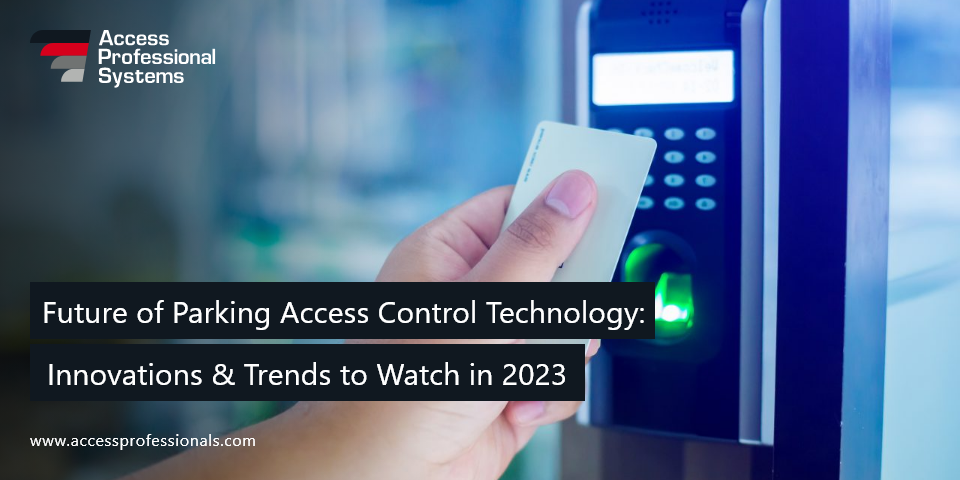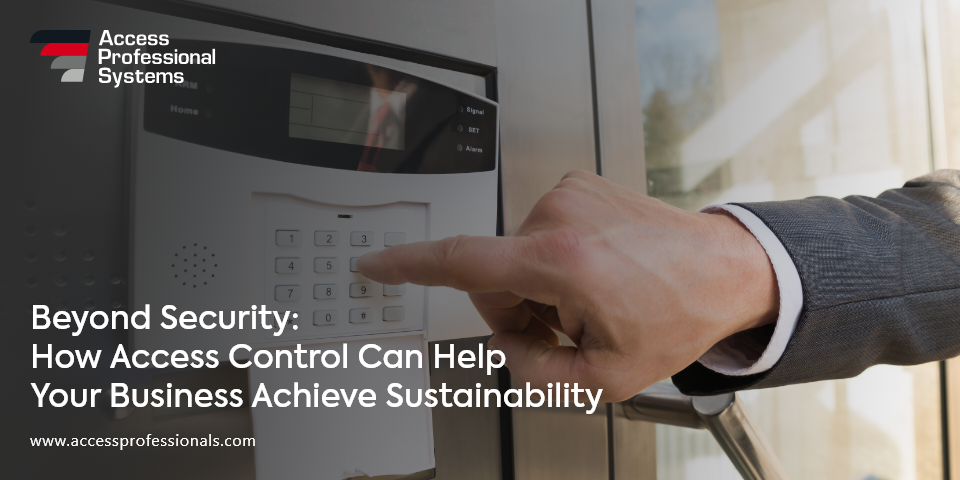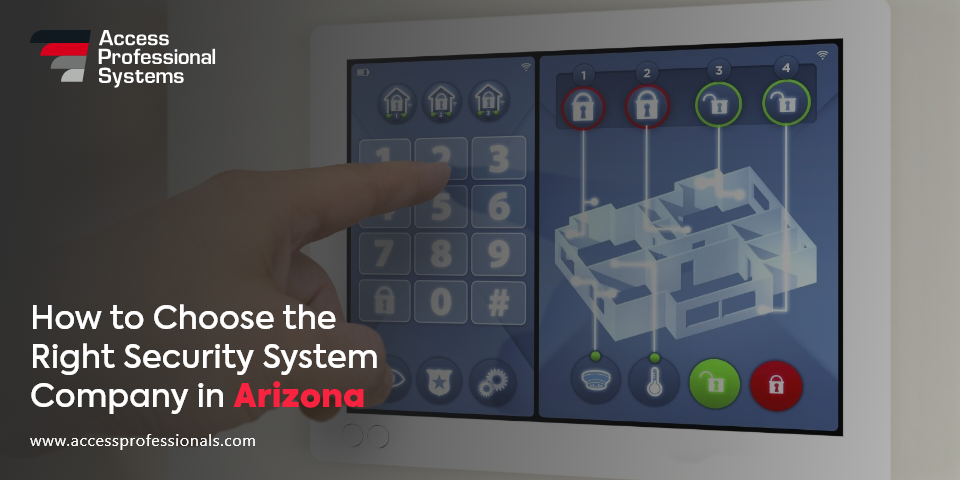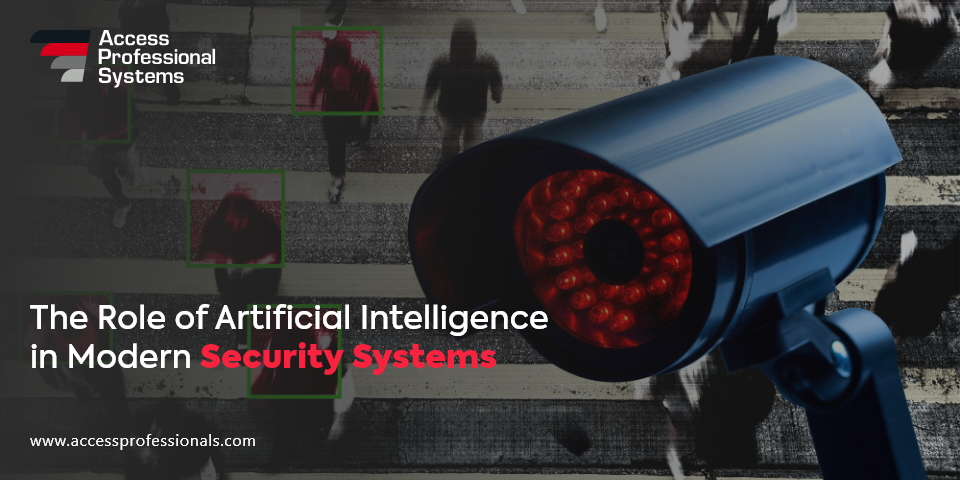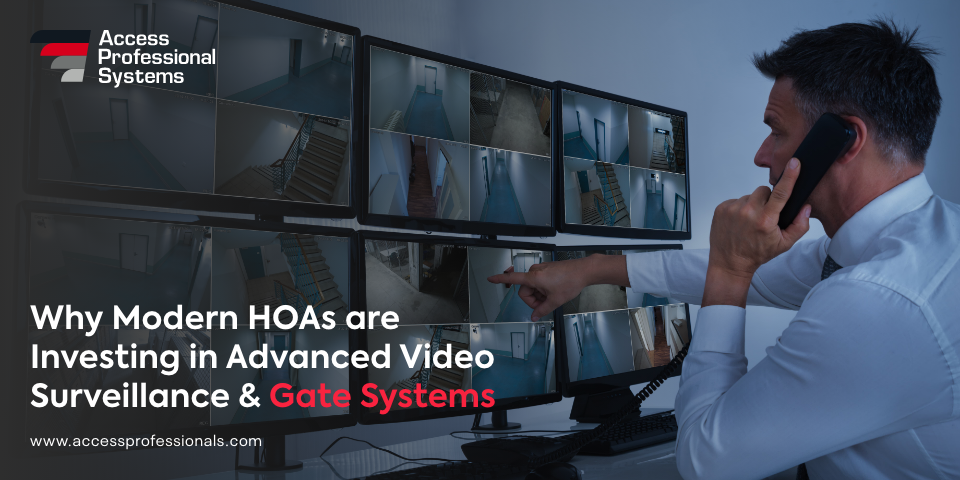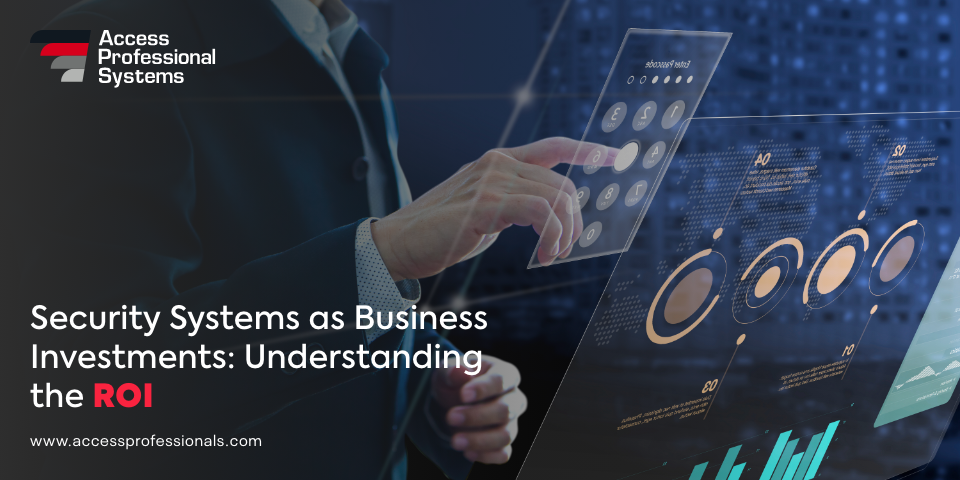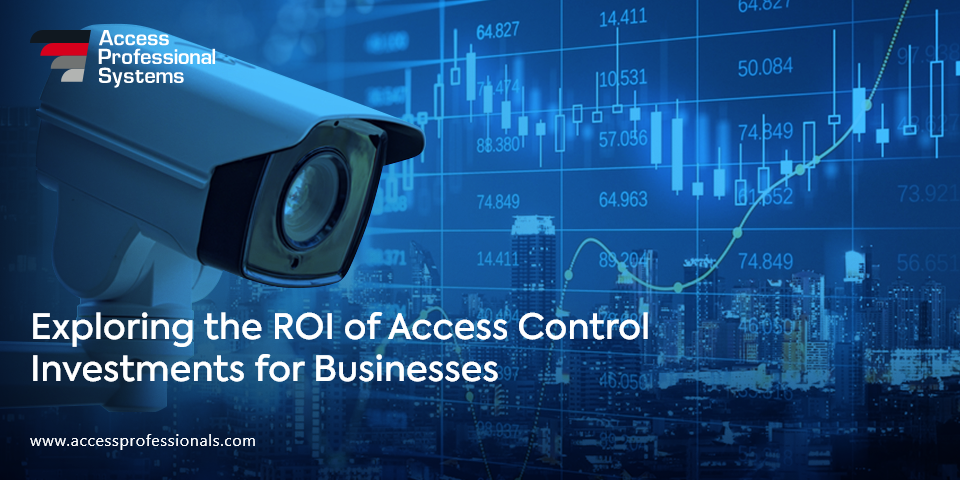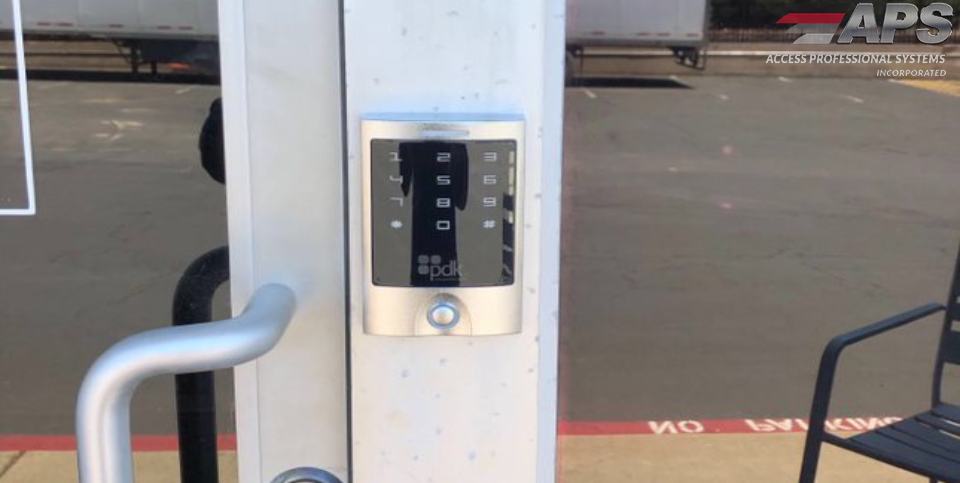
Access Control: Choosing The Right Type For Your Building
Protecting your business from workplace crimes and intruders has never been more critical. Statistics show that 95% of companies in the US have, at least once, experienced theft, and workplace crimes cost US organizations over $50 billion a year. In residential property, burglaries happen every 30 seconds and cause an average loss of over $2,200. And, over 37% of burglaries involved unlawful entry!
Thanks to state-of-the-art APS access control systems, you can protect your family and employees from intruders, your business’s data and valuables from unauthorized access, and your premises from offenders. Here is all you need to know about the different access control features and systems; and tips to help you choose the right one for your building.
Access Control: An Overview
Access control systems are methods of guaranteeing that the people and users accessing your property are who they say they are and have the necessary authorization to access the premises.
Thanks to access control for buildings, you can protect the premises from unauthorized access and prevent losses that come with burglary, theft, and breaches. Aside from impeding access to those unauthorized, access control systems also offer you data regarding people’s movements and access attempts.
How Does Access Control Work?
Access control systems are based on one of many systems, including:
- Server-based access control: Relies on local servers and is more suitable for large commercial premises.
- Web-based access control: Uses a web browser application and utilizes a LAN connection, so every device connected to that network can access the system.
- Cloud-based access control: One of the most comprehensive and secure access systems hosted on a decentralized server.
Depending on the system used, access control systems will require established credentials to give a person access to the building. Credentials that might be necessary include A fob, PIN, key card, or biometric data (such as fingerprints or face recognition).
These readers, connected to a network, will identify the credentials provided and confirm or deny access. Depending on your system, you will also count on additional access control features such as warnings delivered to security and supervisors.
Benefits of Access Control Systems
Building security systems can be expensive, but they also deliver benefits that immediately make ROI tangible and visible. Some of these benefits include:
- Knowledge of people’s movements around the building: your commercial property contains valuable assets, and you should know who is coming and going at all times.
- Keep an eye on stakeholders: commercial access control systems can help identify unusual or unauthorized movements.
- Keeping valuables, assets, people, and data safe: some of your most valuables aren’t, and shouldn’t be, accessible to everyone in the business. An access control system can help you make sure of it.
- Streamlining operations: in commercial premises, access control systems will work together to provide a seamless experience for those requiring access to multiple buildings.
- Safer than keys: readers use technology to create a safer access control procedure and even use 2-factor or multi-factor authentication.
These systems also act as deterrents and can help you prevent theft instances and losses. Here are the best access control systems for your business.
Three Types of Building Access Control Systems
Access control systems are part of residential, commercial, or corporate security systems. They allow the building’s owner or supervisor to identify individuals, grant or deny them access, and authenticate them. Below, you will find the most common types of control systems:
- Discretionary Access Control (DAC)
- Managed Access Control (MAC)
- Role-Based Access Control (RBAC)
However, at APS, we believe that every building has specific needs. That is why we strive to provide cutting-edge, cost-effective, and tailored solutions such as state-of-the-art cloud-based Pro Data Key systems.
Discretionary Access Control (DAC)
Discretionary Access Control (DAC) systems work at the discretion of commercial property owners or private property owners, which means property owners can decide who to give access to a particular location. In turn, the manager or supervisor of the premises is given total control over the building’s access.
While this can be highly beneficial for some smaller buildings, others—such as large corporations, condominium residential buildings, or skyscrapers—might not benefit in the same manner. Some downsides of these systems include:
- They can easily fall victim to malware
- Human error can decrease their efficiency
- You will need to delegate and monitor access control manually
- These door entry systems are suitable for buildings with fewer access points
Managed Access Control (MAC)
Managed Access Control (MAC) is much more widespread within large organizations and corporations, especially those that require high levels of confidentiality, security, and data classification. Packed with remote control features, these systems don’t allow owners or end-users to grant access to any entity. MAC systems will digitally classify end users and create labels for each to be easily identifiable from established credentials (personal, physical, or biometrics).
Managed Access Control systems are similar to Mandatory Access Control systems. In these, the entire responsibility for giving authorizations, establishing access guidelines, and setting up security levels is given to one responsible person, a role often known as Chief Security Officer.
Role-Based Access Control (RBAC)
Role-Based Access Control Systems, or RBAC systems, are one of the most efficient control systems out there and can be easily adapted to the specific needs of the building. A designated system administrator is the only entity responsible for assigning access. Once access is assigned, the system will decide whether to grant or deny access to those requiring it based on their role.
So, depending on the job position or responsibilities, a person will automatically have access to specific data and facilities. Since the administrator does not have to assign and control the access of single employees but can delegate access by reviewing the position within the organization, this system is favorited by large corporations.
Consult an Access Control System Professional
No matter if it’s a commercial or residential high rise, each building has unique features and security requirements that are required. Because of the extensive range of access control systems, such as stand-alone, integrated, wired or wireless, LAN-based or cloud-based, access professionals or access control companies are the only entities qualified to help you in your choice of system.
At Access Professional Systems, we strive to create solutions tailored to your building’s specific needs and seamlessly increase your level of security. Get in touch today to discover APS access control systems and solutions.
How do you know you’re in good hands with APS? We’ve successfully installed equipment and services in more than 14,500 projects. Get a free estimate today, or contact us directly by phone at 858-223-9982 (CA) or 602-900-9807 (AZ).
We look forward to hearing from you!
Share:
